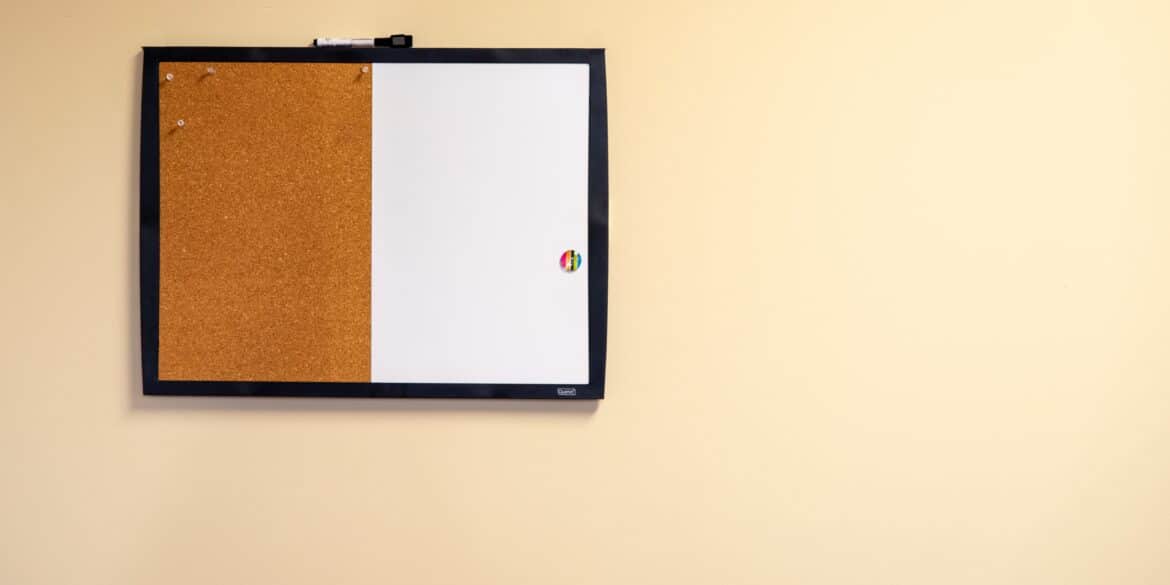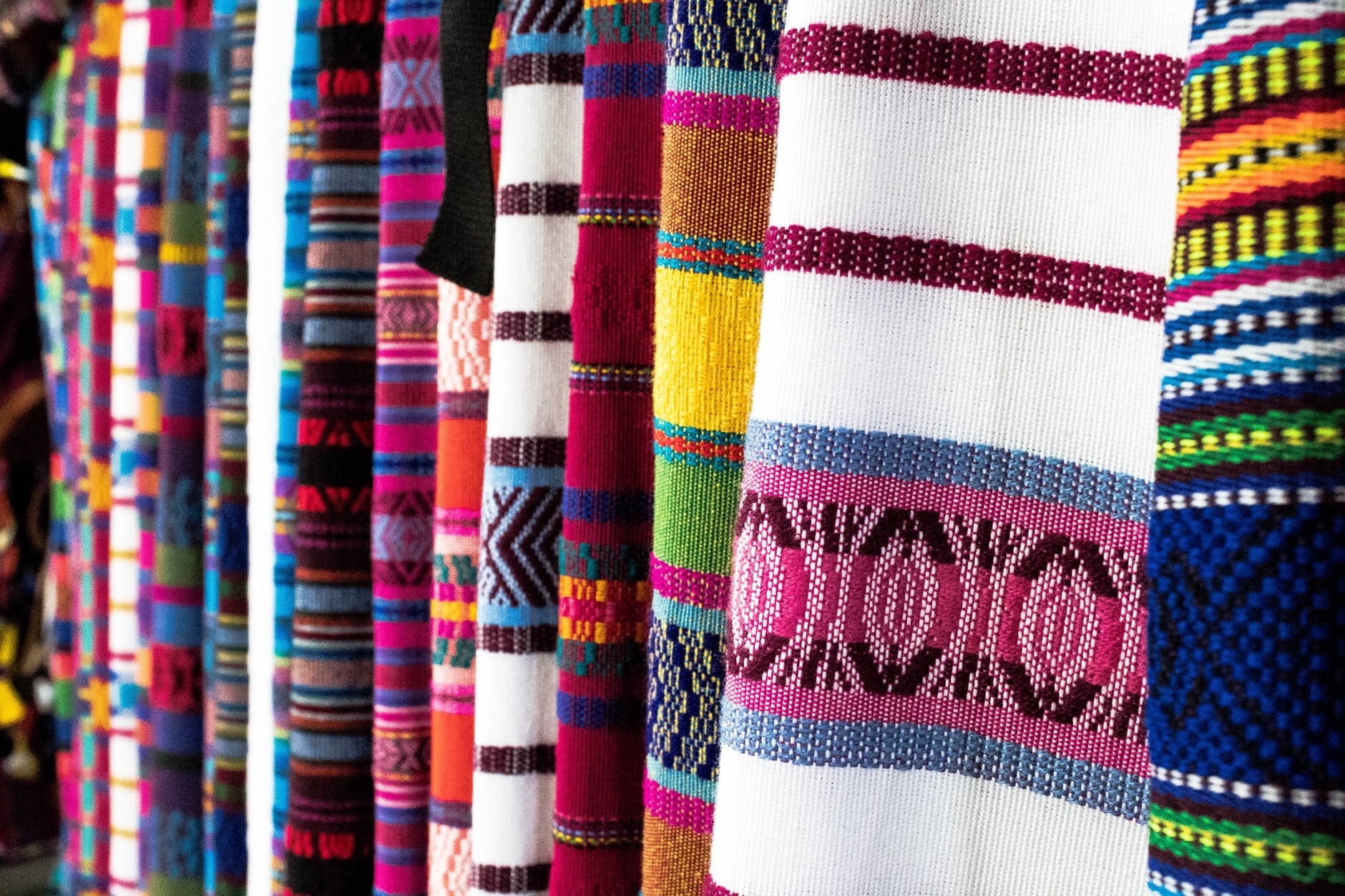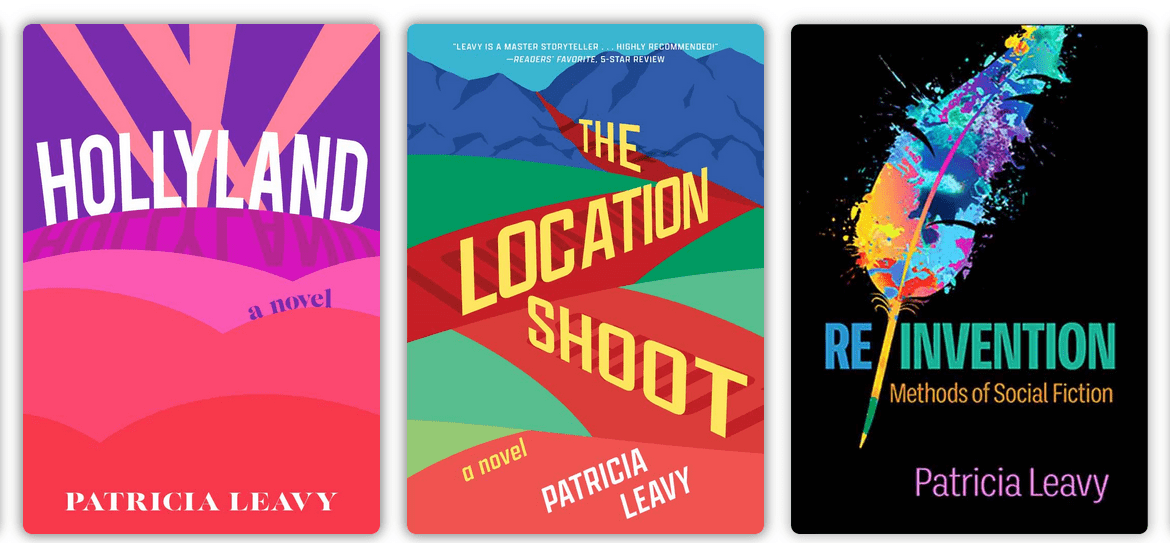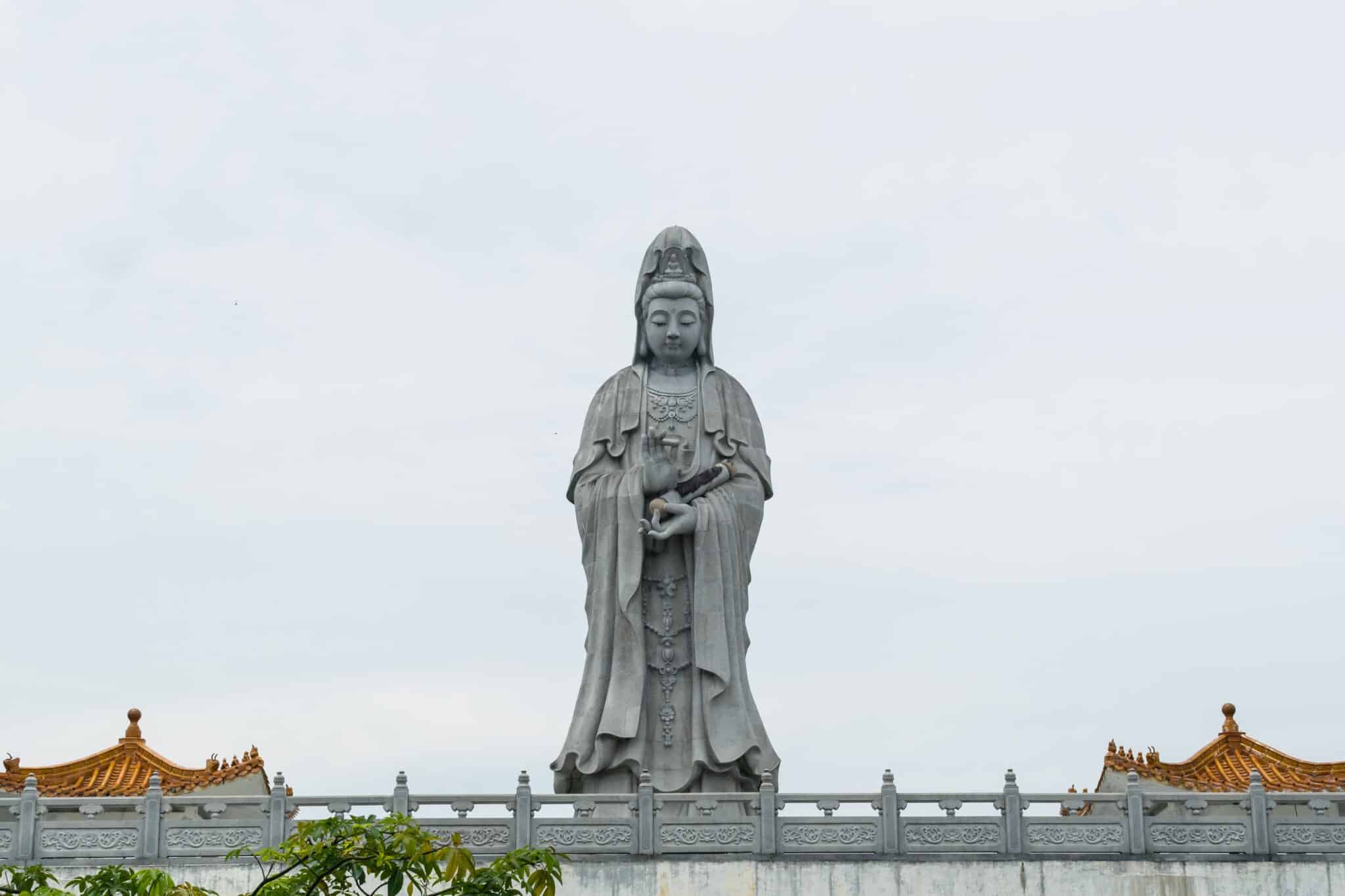A Startling Note: "Looking for Gay Friends" in the Triangle Place narrates a gay man’s experience of sexual awakening on a university campus.
“When you donate to The AutoEthnographer, you help us ensure our future and fulfill our mission.“
"I have continued to explore the usefulness of various poetic forms as a mechanism for providing access to suppressed internal voices."
Marlen Harrison·
All ContentAutoethnographic Art & MultimediaClimate Change Special Issue, 2022InterviewsMorePodcastsSpecial Issues
··15 min read"Award-winning artist, Suzanne Hughes, talks about autoethnography and painting. Suzanne is responsible for the cover art for our special issue based on climate change."
This poem, entitled "Work Out," is about how I dealt with 2020. It's a writing exercise I didn't realize I needed to do.
The dynamic taking place in these poems was autoethnography, a hybrid of my investigation of the 1960's coupled with my personal experience.
Christine Sleeter·
All ContentAutoethnographic EssaysCelebrating Dr. Patricia Leavy's Social Fiction 2024MoreReflections on MethodSpecial Issues
··23 min readChristine Sleeter writes about Dr. Patricia Leavy's new genre, Sleeter's own books and her reflections on the social fiction series.
In this final installment, I recount my second month dieting with Roland Barthes.
Patricia Leavy·
All ContentAutoethnographic EssaysCelebrating Dr. Patricia Leavy's Social Fiction 2024MoreReflections on MethodSpecial Issues
··11 min readWriting fiction allows me to document reality and to reimagine it, just as we can always reimagine ourselves. And that is why we need stories.
Patricia Leavy·
All ContentAutoethnographic EssaysCelebrating Dr. Patricia Leavy's Social Fiction 2024Special Issues
··6 min readStory-worlds were magical—they transported me to different places where I’d meet new people, and learn about their lives in visceral ways.
This lighthearted essay illustrates an experience I had in Singapore while doing research for a book I was writing about spirituality.
"Marlen Harrison and Edward Perrin enjoyed an opportunity to volunteer with Miami-based Global Empowerment Mission (GEM) to create family necessity kits for those affected by Hurricane Ian."














